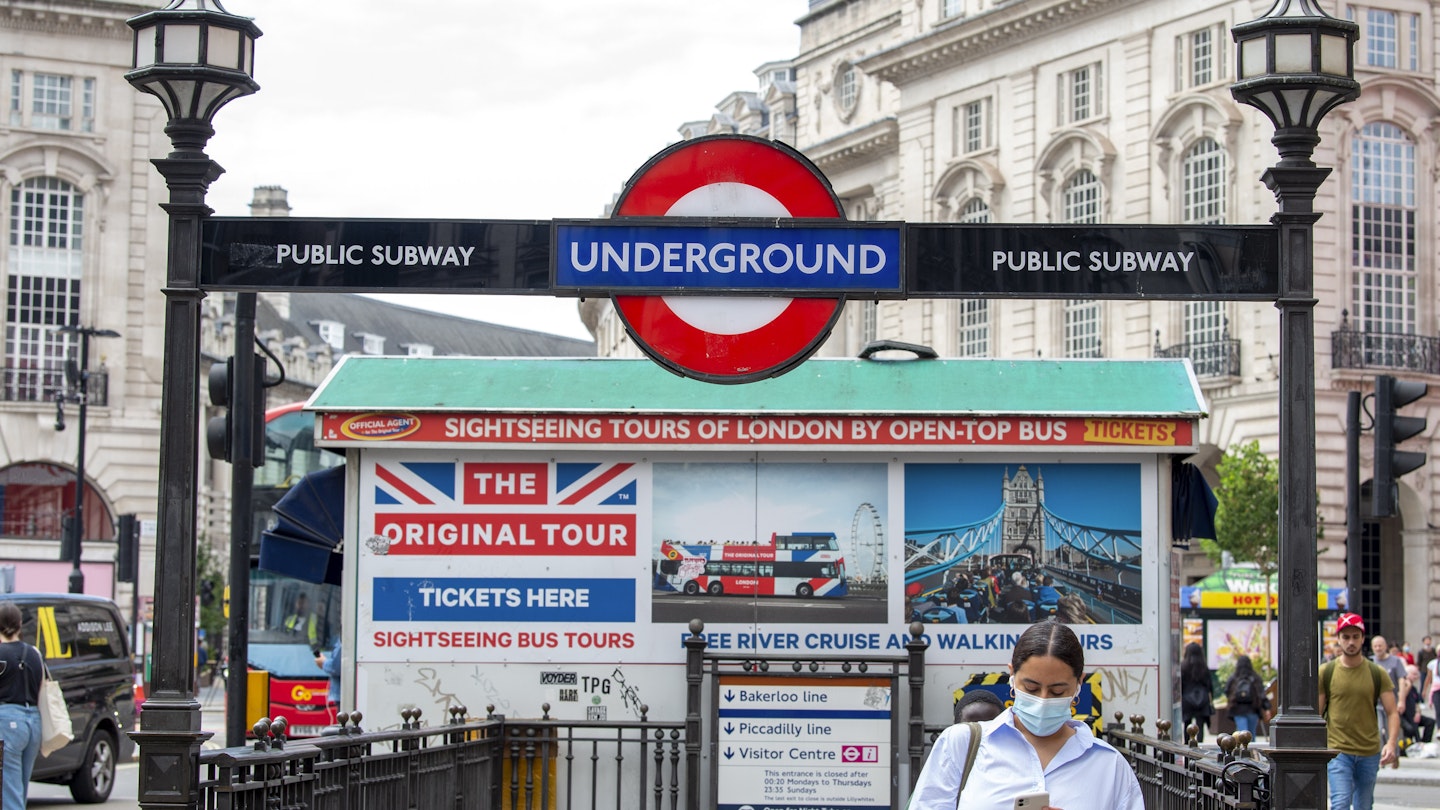Latest Travel Updates for the UK
Britain is set to further ease travel restrictions by dropping quarantine requirements for arrivals who have been vaccinated in the US and the European Union—if they are traveling to England, Wales, and Scotland from amber list countries.
Quarantine Eased for Vaccinated Travelers
From August 2, most of the UK will no longer require fully vaccinated travelers from EU countries and the US to quarantine for 10 days upon arrival if they are coming from an amber or mid-risk country. Until now, only UK residents returning to England who had been “fully vaccinated with an NHS administered vaccine in the UK” could bypass quarantine. However, the doors are now open for arrivals who have been fully vaccinated with US- and EU-approved vaccines—as well as travelers from these countries who have recovered from the virus.
Amber List Country Regulations
Most countries are categorized as amber under the UK’s traffic light system, including popular holiday destinations such as Italy, Greece, Spain, mainland Portugal, and the US. France is also on the amber list, but passengers returning from there are still required to quarantine for 10 days due to the concern over the spread of the Beta variant in the country.
Testing Requirements
Travelers coming from amber countries must consider additional requirements before planning a trip. In addition to a pre-travel test, they are required to take a PCR test on the second day of their arrival, transport secretary Grant Shapps confirmed. Children will also need to take a PCR test on the second day. Notably, unvaccinated or partially vaccinated travelers will still be required to quarantine for 10 days when arriving from an amber country.
Current Regulations for Various Regions
The current rules apply only to travelers heading to England, Scotland, and Wales, with the situation in Northern Ireland remaining unchanged. There are no changes for arrivals from green list countries—destinations where infection rates are low and vaccination rates are high. Although these travelers must take a PCR test before and after travel, they do not need to undergo quarantine.
Hotel Quarantine for High-Risk Countries
Arrivals from red list or high-risk countries will continue to be required to undergo mandatory hotel quarantine at their own expense. A detailed breakdown of travel rules can be found here.
COVID-19 Regulations in England
Meanwhile, England has reopened the nation, dropping almost all domestic COVID-19 rules amid an ongoing surge in cases due to the Delta variant. While the British Medical Association (BMA) has called for continued face mask use, the government’s mask mandate has been removed alongside social distancing guidelines. As a result, the entertainment and hospitality sectors fully reopened on July 19 for the first time since last March without any restrictions; gigs and festivals are returning, sporting events are allowed to operate at full capacity, and life is gradually returning to pre-pandemic times.
Facial Covering Regulations
In London, however, masks remain mandatory on public transport including the Tube, bus, tram, DLR, Overground, and TfL Rail. Passengers must wear face coverings in transport stations and throughout their journeys.
Moreover, London’s mayor Sadiq Khan indicated in a tweet: “There is overwhelming evidence that face masks reduce the transmission of COVID. Facial coverings will remain compulsory on services to protect vulnerable Londoners and instill confidence in the travel experience.”
Guidelines in Scotland and Wales
In Scotland, officials have downgraded COVID-19 restrictions to their lowest level. Nevertheless, the mandatory use of face masks will stay in place for “some time,” as emphasized by the country’s first minister Nicola Sturgeon. She urged citizens to continue observing limits on gatherings, maintaining appropriate distance, wearing face coverings, ventilating rooms, and practicing hand hygiene.
Like England, Wales abolished COVID-19 restrictions on July 19, but facial coverings are still required on public transport and in health and social care settings. In Northern Ireland, masks must be worn in public, and social distancing is enforced in most public areas.
This article was originally published on May 7, 2021, and updated on July 28, 2021.




